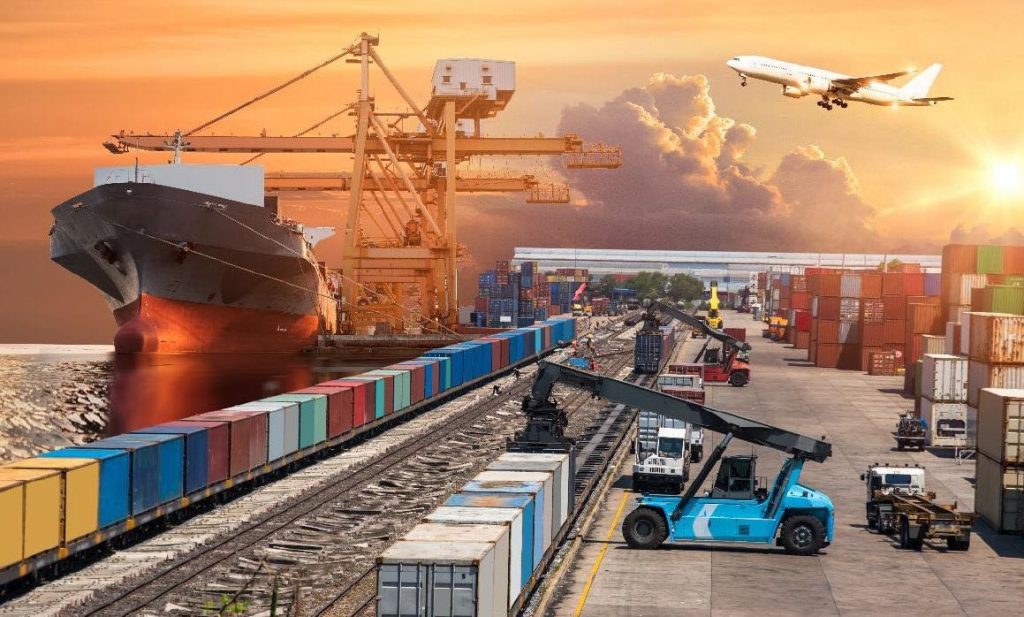
Freight transport in China accounts for about 700Mt of CO2 emissions. This is about 67 percent of the country’s total transport-related CO2 emissions, with road freight transport accounting for the highest share. In comparison, Germany’s total CO2 emissions in 2019 were about 811Mt.
In its bid to make freight transport more efficient and climate-friendly, the promotion of Intermodal Transport has high priority for the Chinese Ministry of Transport (MoT). Intermodal Transport is defined as goods transportation that employs more than one mode of transport for a single assignment, with the cargo being carried in a single intermodal loading unit from origin to destination throughout the entire journey. The Sino-German Cooperation on Low Carbon Transport (CLCT), implemented on behalf of the German Federal Ministry for the Environment, Nature Conservation, and Nuclear Safety (BMU) by GIZ, supports MoT in the promotion of Intermodal Transport in China.
On December 9 and 10, 2019, GIZ together with the China Academy of Transportation Sciences (CATS), the China Federation of Logistics & Purchasing (CFLP) and CHN Energy held the 2nd Sino-German Intermodal Transport Forum in Beijing. The forum, with about 500 participants brought together policy makers and experts in the field of Intermodal Transport. It facilitated knowledge exchange on how to develop and optimize the Intermodal Transport system in China, and how to effectively apply technological and digital solutions.
The development of Intermodal Transport in China is still in an early stage and faces problems such as:
In particular the standardisation of Intermodal Transport is crucial for effectively promoting sustainable and low-carbon freight transport. This includes the standardisation of facilities, equipment, information and services. In a side workshop to the forum, GIZ together with Mr. Ralf-Charley Schultze of the International Union for Road-Rail Combined Transport (UIRR) and Mr. Steffen Nestler of the Deutsche GVZ-Gesellschaft (DGG) held in-depth discussions with MoT and CATS on the European and German frameworks for Intermodal Transport and the potentials of their application to China.

Mr. Schultze (UIRR) and Mr. Nestler (DGG) at the 2nd Sino-German Intermodal Transportation Forum, Source: GIZ
Even though, the development of Intermodal Transport in China made significant progress over the last 3 years, there is still a significant lack of capacities. Within the framework of the Sino-German Cooperation on Low Carbon Transport CLCT, we will further support the Chinese MoT and CATS on the development of Intermodal Transport standardisation and specifications development but also the development of freight hubs, data standards and the processing in the Intermodal Transport chains.
Further information on the results of the workshop with Mr. Schultze and Mr. Nestler, can be found in this overview on the European framework for Intermodal Transport.
